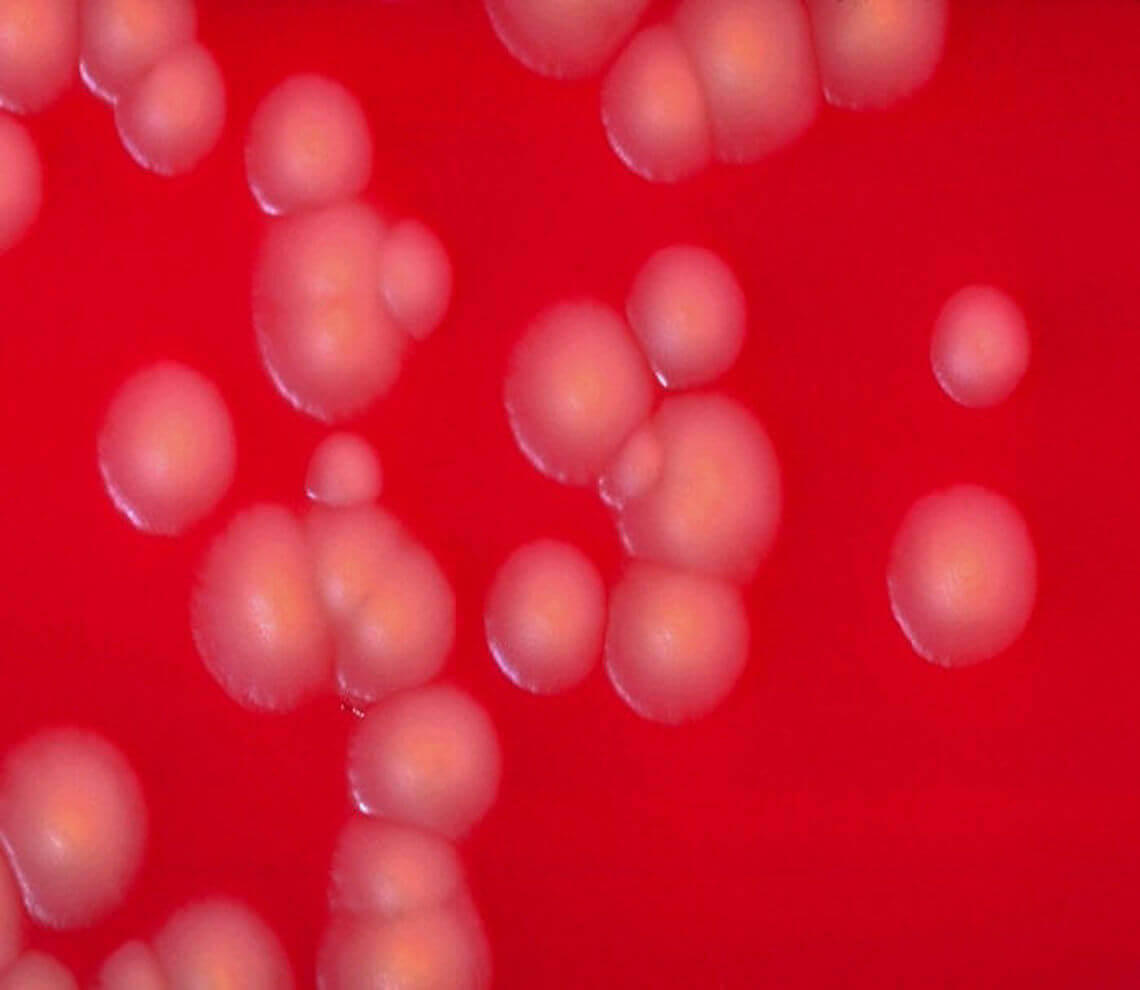- Our Suppliers
- accurate-monoclonals
- Rat APAAP, Monoclonal (Clone: RAPAAP)
Product short description
Price:
5 EUR
Size:
1000ul
Catalog no.:
AXL611M
Product detailed description
Latin name
Rattus norvegicus
Clonality
Monoclonal Antibody
Alternative name 5
APAAP Clone: RAPAAP
Alternative name 4
anti- APAAP Clone: RAPAAP
Alternative name 2
Rat APAAP, Monoclonal (Clone: RAPAAP)
Alternative name 1
Rat APAAP, Monoclonal (Clone: RAPAAP)
Alternative name 3
Rattus norvegicus APAAP, Monoclonal (Clone: RAPAAP)
Advisory
To keep the quality and the affinity of the antibody cycles of freezing and thawing should be avoided. For antibodies in a liquid form or reconstituted lyophilized antibodies small amounts of the soultion could be captured on the cap or the walls of the container. Right before use you could briefly centrifuge the vial to collect all of the solution on the bottom.
Storage and handling
Generally, antibodies that are lyophilized can be transported at ambient temperature and stored for short terms at +4 degrees Celsius, for longer periods - at -20 . Antibodies in a liquid form can be shipped and stored for a short period of time at +4 degrees Celsius, for long term storage (up to one year) 25-50% glycerol or ethylene glycol should be added and then the container has to be stored at -20°C.
About
Monoclonals of this antigen are available in different clones. Each murine monoclonal anibody has his own affinity specific for the clone. Mouse monoclonal antibodies are purified protein A or G and can be conjugated to FITC for flow cytometry or FACS and can be of different isotypes.Rats are used to make rat monoclonal anti mouse antibodies. There are less rat- than mouse clones however. Rats genes from rodents of the genus Rattus norvegicus are often studied in vivo as a model of human genes in Sprague-Dawley or Wistar rats.
Description
This is a monoclonal antibody which is greatly purified and with high binding affinity for the antigen that it is risen against. If used correctly and according the protocol, this antibody will provide excellent and reproducible results with guaranteed success for the tested and confirmed applications. Amongst the advantages of the monoclonal antibodies are: the fact that while the hybridoma takes a bit longer to be produced, once the line is ready there is virtually an endless supply of these antibodie throughout time with little to no variations in recognition sites of the antigen in different batches; in comparison to the polyclonal antibodies monoclonal antibodies are highly specific to a given epitope and can be used in applications where specific targeting is required.
© Copyright 2016-Tech News . Design by: uiCookies

